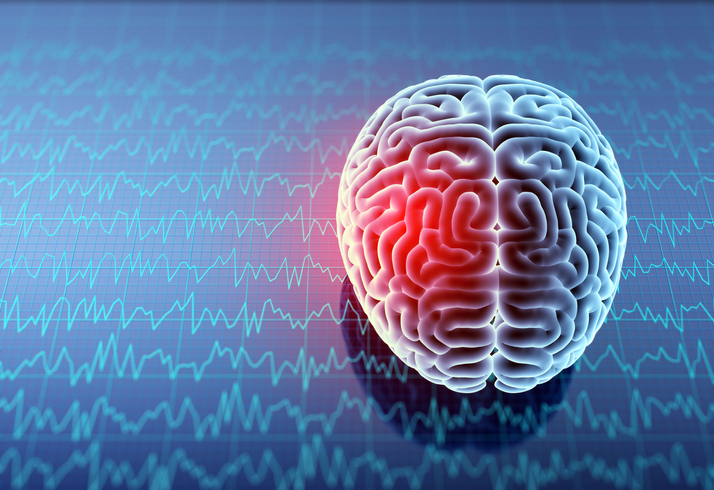Many of us have known people (or been the ones) who stay in romantic relationships that clearly aren’t working, even if it reaches the point of being psychologically destructive. But besides heartache and tears, how do these toxic relationships affect our health?
Dr. Elizabeth Ochoa, Chief Psychologist in the Department of Psychiatry at Mount Sinai Beth Israel, says many people stay in relationships even when they know it’s a bad idea. “There’s a fear of being alone and a fear of failure,” she told Yahoo Health. “They question whether they are worthy or lovable, and they have a fear of giving up on the relationship. They think that if they just stay, maybe something will change.”
Delusions and anxiety are one part of the equation, but it’s more than that:

With the Rise of AI, What IP Disputes in Healthcare Are Likely to Emerge?
Munck Wilson Mandala Partner Greg Howison shared his perspective on some of the legal ramifications around AI, IP, connected devices and the data they generate, in response to emailed questions.
A 2009 study from the University of Utah showed women in strained relationships are more likely to be depressed, have a higher risk of obesity, and show more signs of metabolic syndrome, which includes conditions like high blood pressure, stroke and diabetes. Research published last month in the Journal of Epidemiology showed couples reporting more negativity in their relationship saw more problems with memory and faster cognitive decline. And this month, a study out of Michigan State University showed spouses in bad marriages, particularly women, are at higher risk of heart disease than couples in good marriages.
Diane Robinson, Ph.D, a neuropsychologist at UF Health Cancer Center – Orlando Health, says the stresses and emotions involved in relationships affect us way more than just psychologically. It is very much a physical issue. “Any emotion is an electrochemical event in your brain with physiological changes that will impact the body,” she told Yahoo Health.
When a relationship becomes negative, we get into a “fight-or-flight” mode, which does a number on our bodies.
These chemicals start sending signals throughout the body, altering our hormones and other functions. “Everyday, twice a day, cortisol is dumped into our system for alertness, to we’re able to handle everyday stressors,” says Robinson. “When we’re under the chronic stress of a bad relationship, the switch that controls that function is jammed on, and the hypothalamic–pituitary–adrenal axis becomes chronically active.”
And when the HPA axis never turns off, and chemicals circulate in our body more than we’re used to, we’re susceptible to health issues. “From a purely biological perspective, when you’re thrown into survival mode, your body starts to shut down non-essential functions — like immune functions and the digestive system, for instance. The heart rate increases,” Robinson says. “This is why we see more cardiac disease, stomach issues, aches and pains.”

BioLabs Pegasus Park Cultivates Life Science Ecosystem
Gabby Everett, the site director for BioLabs Pegasus Park, offered a tour of the space and shared some examples of why early-stage life science companies should choose North Texas.
So for those people who are in a toxic, unhealthy relationship, remember that it isn’t just about getting your feelings hurt or having frequent arguments, it’s about keeping your body working the way it’s supposed to.
[Photo from flickr user smile_kerry]













